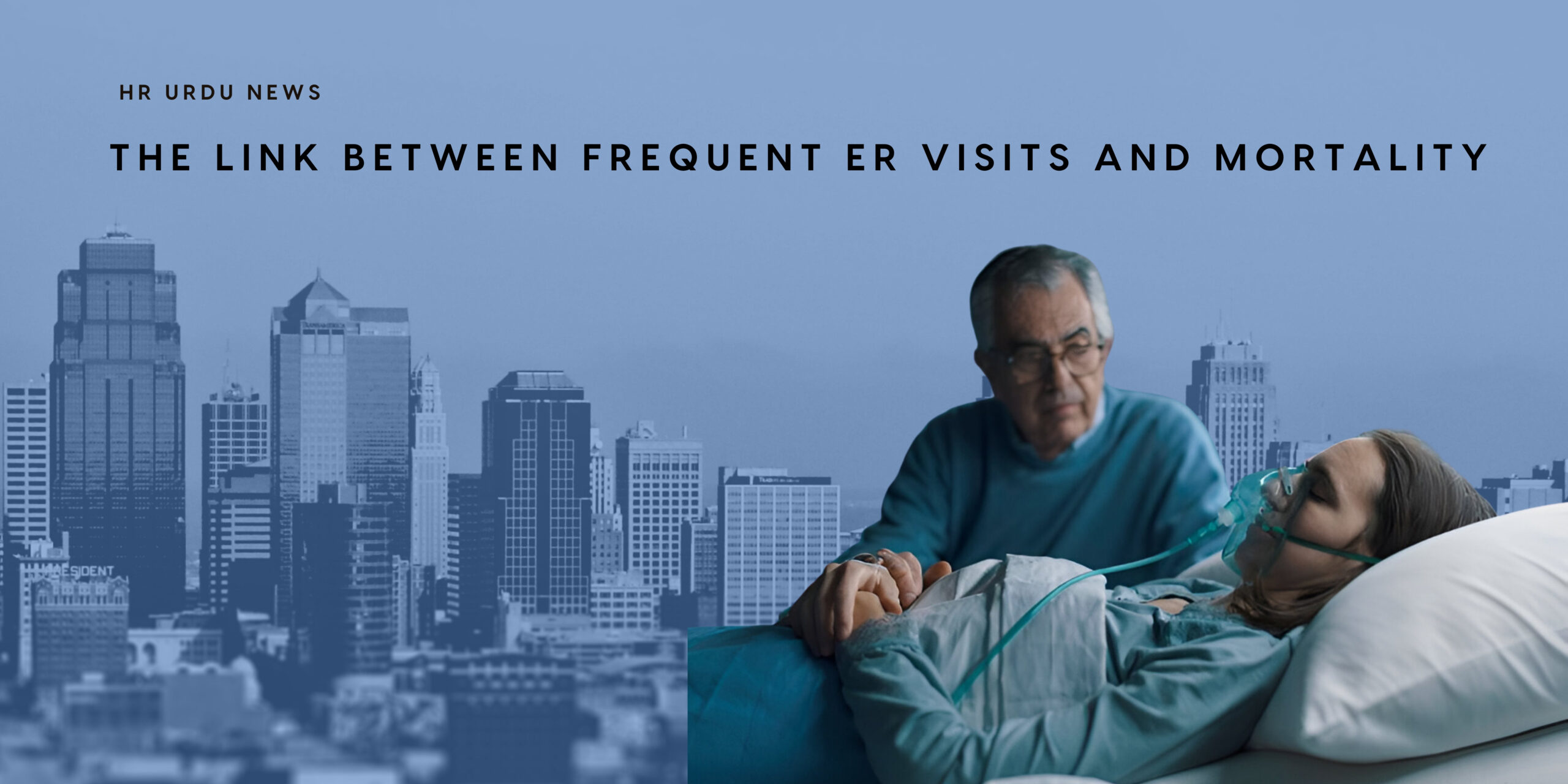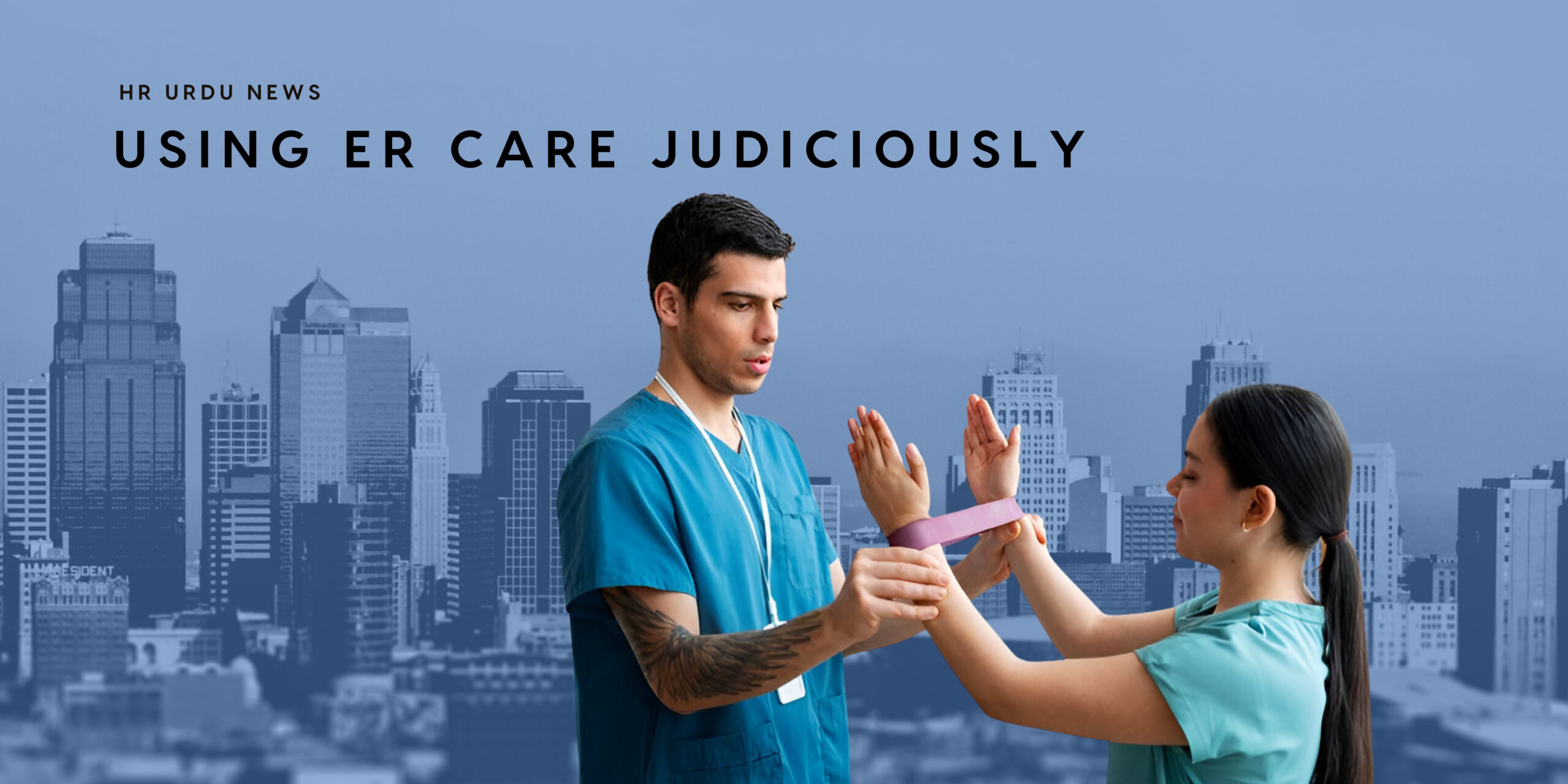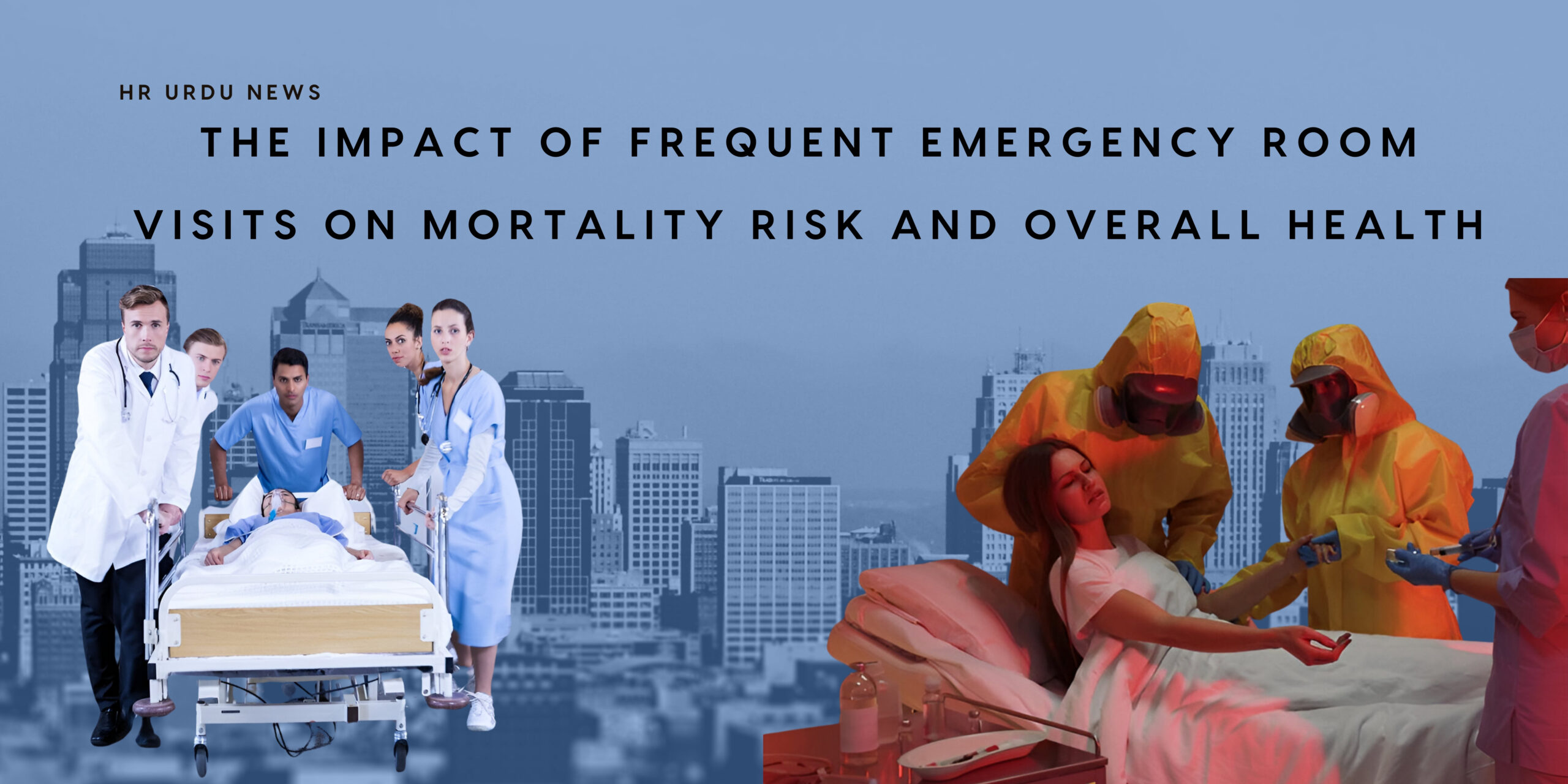Introduction
Emergency room (ER) visits are often the first line of defense in providing immediate medical attention for critical health conditions. While the ER is indispensable in treating emergencies, recent studies have shed light on potential health risks associated with frequent visits. This article explores the findings of these studies, examining how repeated exposure to emergency medical care may increase the risk of early death and have other negative health implications.
The Link Between Frequent ER Visits and Mortality

A compelling study has revealed a concerning correlation between frequent ER visits and an elevated risk of mortality. Researchers discovered that individuals who visited the ER more frequently faced a significantly higher risk of early death compared to those with fewer visits. This suggests that repeated exposure to emergency medical care might contribute to negative health outcomes, challenging the conventional belief that more medical attention is always better.
Other Health Risks Associated with Frequent ER Visits
Beyond the increased risk of mortality, frequent ER visits pose additional health risks. Hospital admissions resulting from ER visits can expose patients to infections and complications, further compromising their health. The stress and anxiety associated with emergency situations can also have lasting effects on mental well-being, potentially leading to long-term health challenges.
Distinguishing Between Necessary and Unnecessary ER Visits
It’s crucial to recognize that not all ER visits carry the same level of risk. Visits for genuine medical emergencies and critical health conditions are necessary and can be life-saving. However, unnecessary visits for minor ailments or non-urgent issues may contribute to an overall higher risk of death. It is essential for individuals to exercise judgment when deciding to seek emergency care and consider alternative options for non-emergency situations.
Using ER Care Judiciously

While the ER plays a vital role in our healthcare system, it is imperative to use it judiciously. Understanding the potential risks associated with frequent ER visits can empower individuals to make informed decisions about seeking emergency care. Consulting with a primary care physician or utilizing urgent care facilities for non-emergency situations whenever possible is advisable to mitigate unnecessary health risks.
The Importance of Primary Care and Urgent Care Facilities
Establishing a strong connection with a primary care physician is crucial for maintaining overall health and preventing unnecessary ER visits. Regular check-ups, screenings, and preventive care can address health concerns before they escalate into emergencies. Additionally, urgent care facilities are well-equipped to handle non-emergency situations promptly, providing a more suitable alternative to the ER for certain medical issues.
Conclusion
In conclusion, while emergency room visits are indispensable for immediate medical attention, it is vital to be aware of the potential risks associated with frequent visits. The link between frequent ER visits and an increased risk of early death, coupled with the potential for health complications, highlights the importance of using emergency medical care judiciously. By seeking appropriate care for non-emergency situations and establishing a strong relationship with primary care physicians, individuals can minimize risks and ensure the best possible outcomes for their health. This nuanced approach to emergency care is essential for maintaining a balance between immediate medical attention and long-term health considerations.
Disclaimer
The information provided in this post is intended for general informational purposes only and should not be considered as professional or medical advice. The content is based on publicly available sources and is subject to change without notice. It is crucial to consult with a qualified healthcare professional or relevant experts for personalized advice and guidance tailored to your specific circumstances.
The author and the platform do not assume any responsibility or liability for any consequences resulting from the use of the information provided in this post. Readers are encouraged to independently verify and confirm the accuracy, reliability, and suitability of the information before making any decisions or taking any actions.
Additionally, individual health conditions may vary, and what works for one person may not be suitable for another. Any reliance on the information in this post is at the reader’s own risk. In case of health-related concerns or uncertainties, it is recommended to seek the advice of a qualified healthcare professional.
The inclusion of external links or references does not imply endorsement or validation by the author or the platform. The author and the platform disclaim any responsibility for the content of linked sites or resources.
By reading and engaging with this post, you acknowledge and agree to the terms of this disclaimer.

